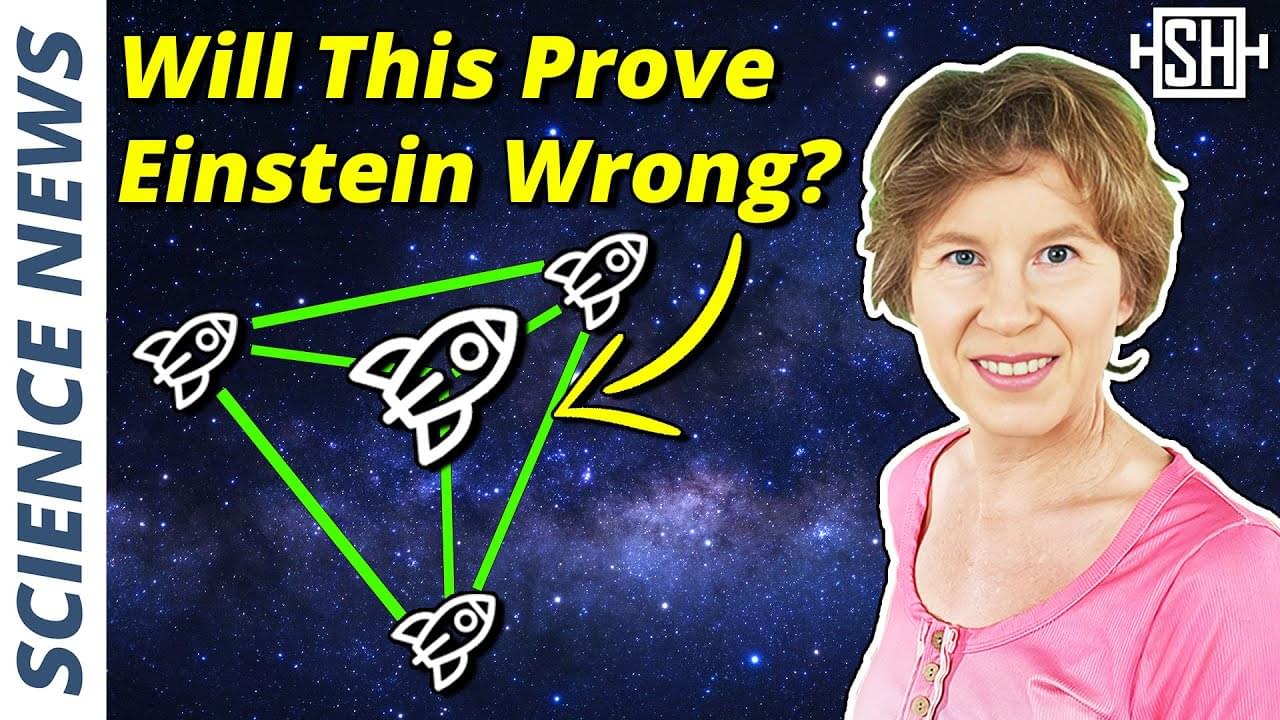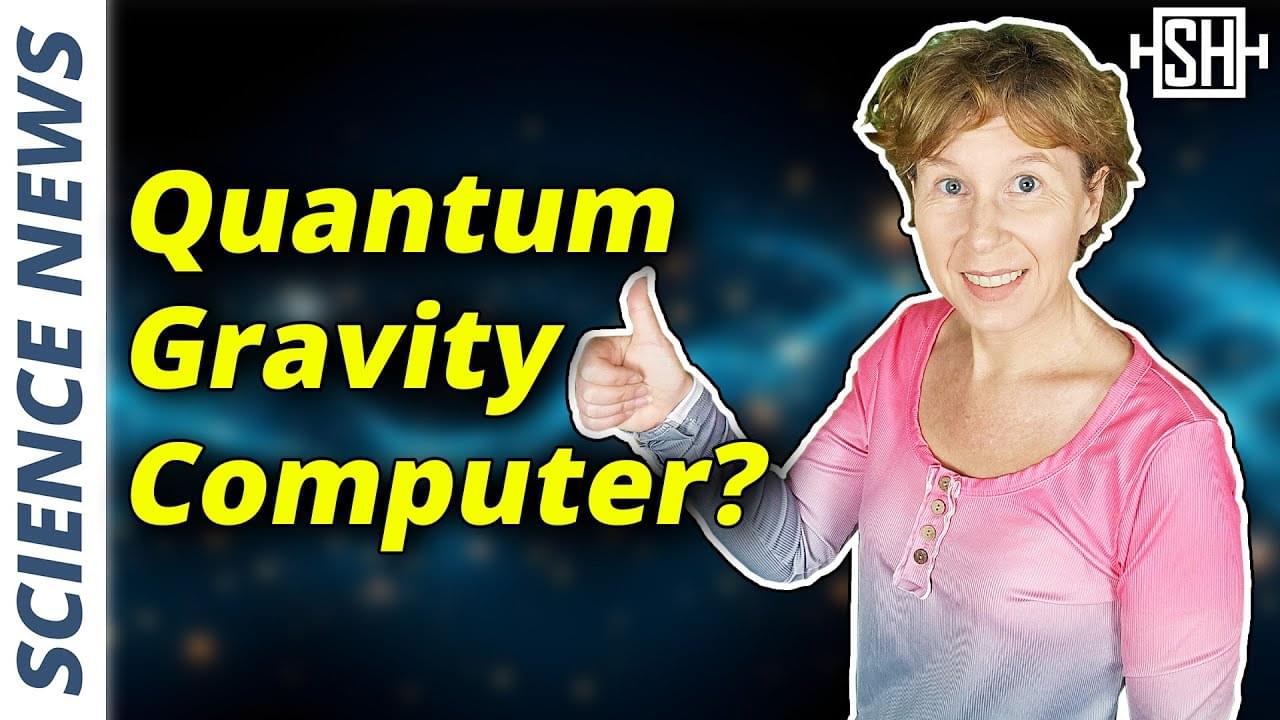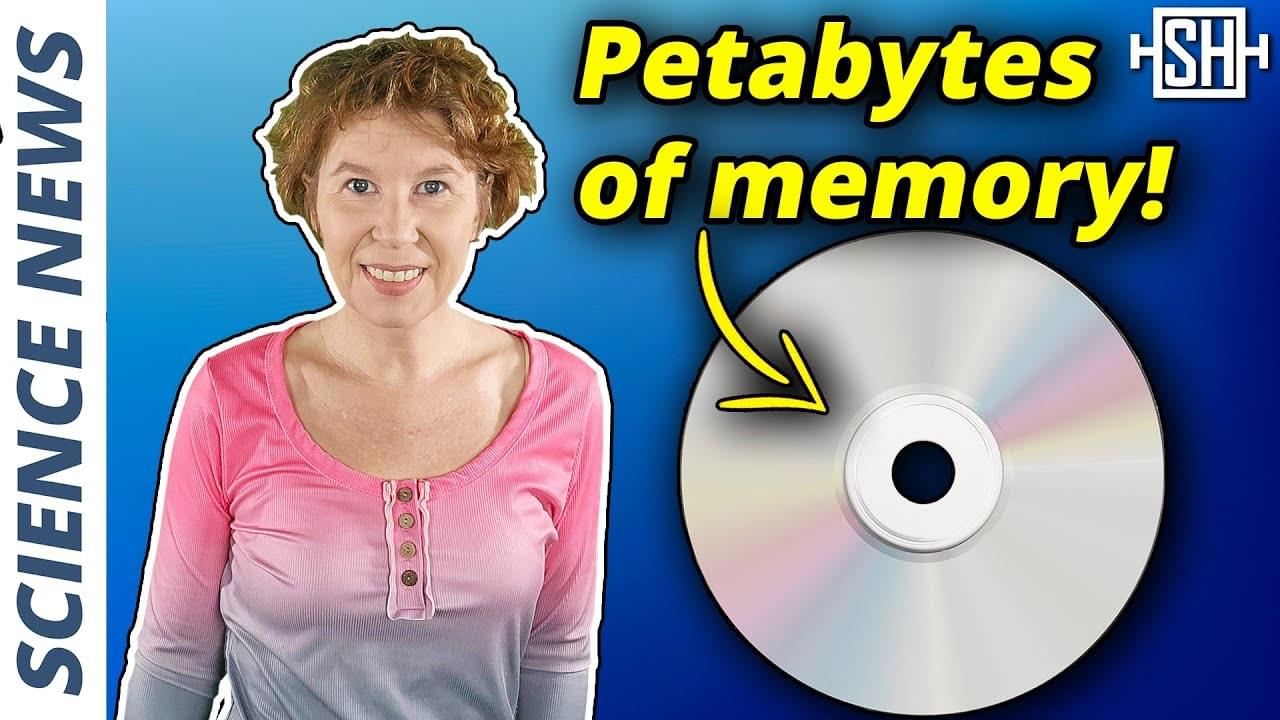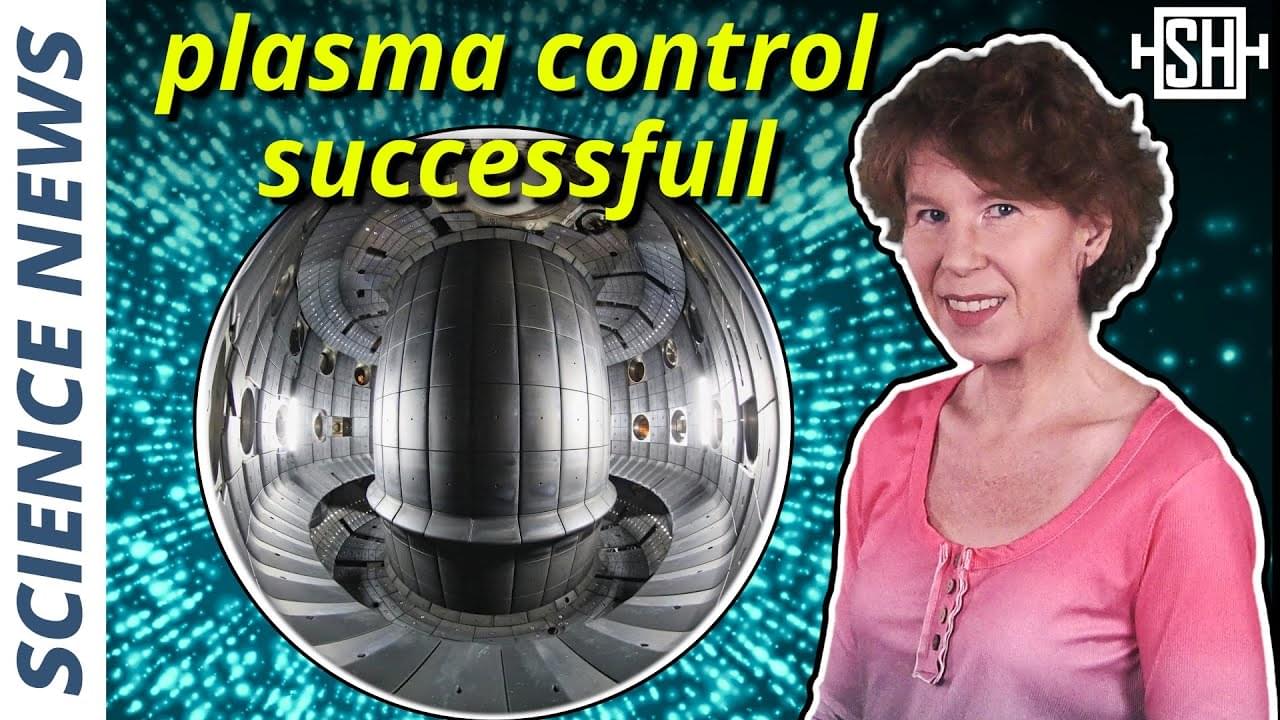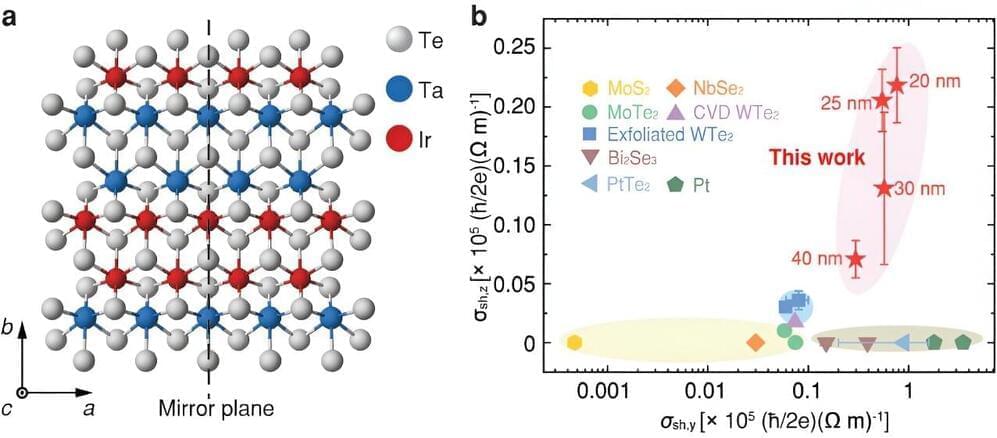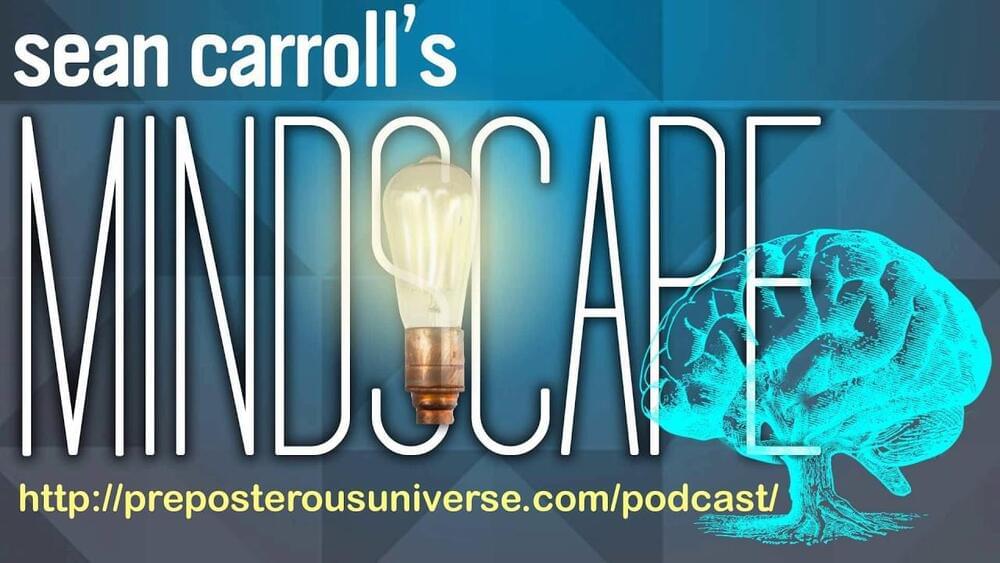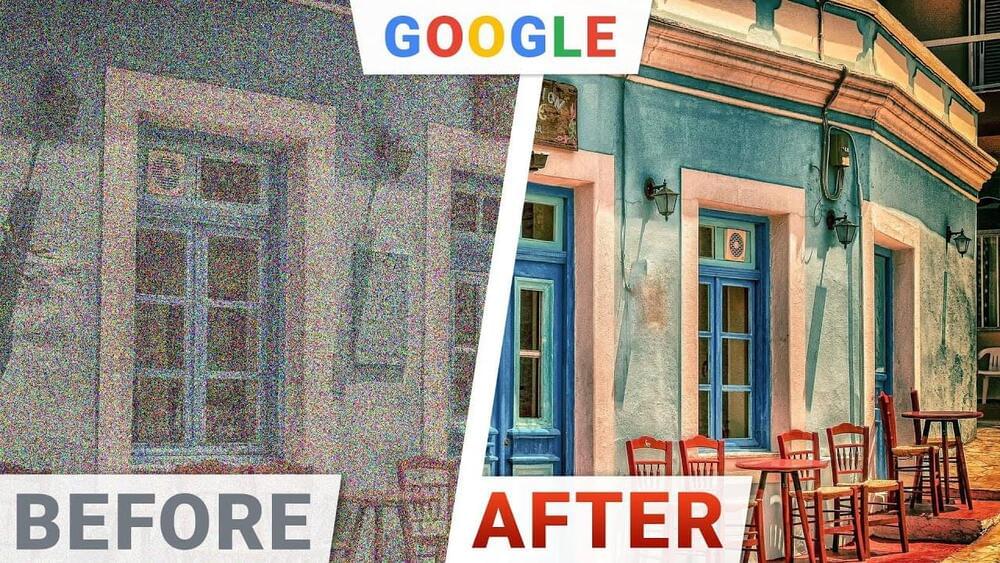May 8, 2024
AlphaFold Server Demo — Google DeepMind
Posted by Jose Ruben Rodriguez Fuentes in categories: biotech/medical, chemistry, open access, robotics/AI
Google DeepMind’s newly launched AlphaFold Server is the most accurate tool in the world for predicting how proteins interact with other molecules throughout the cell. It is a free platform that scientists around the world can use for non-commercial research. With just a few clicks, biologists can harness the power of AlphaFold 3 to model structures composed of proteins, DNA, RNA and a selection of ligands, ions and chemical modifications.
AlphaFold Server will help scientists make novel hypotheses to test in the lab, speeding up workflows and enabling further innovation. Our platform gives researchers an accessible way to generate predictions, regardless of their access to computational resources or their expertise in machine learning.
Continue reading “AlphaFold Server Demo — Google DeepMind” »

